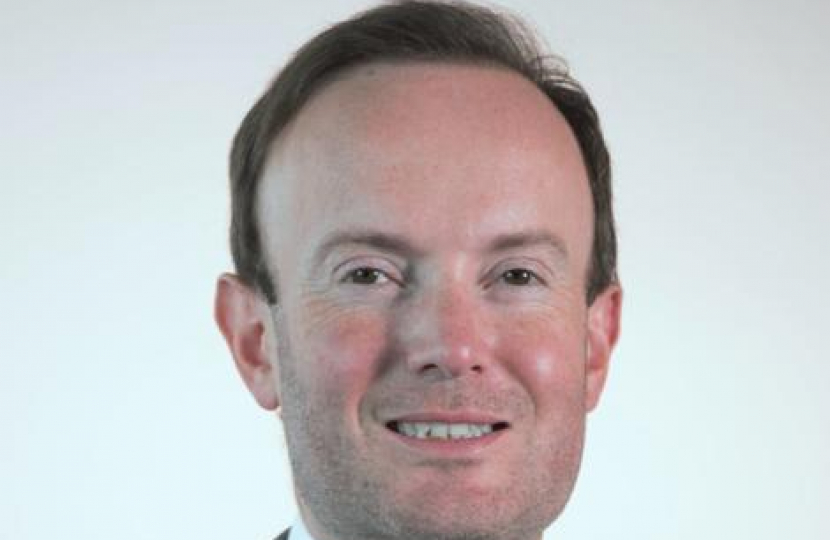
A column by Councillor Richard Rout, Deputy Leader and Cabinet Member for Finance and Environment
There have been some very emotive words said about the County Council’s budget proposals, in particular our decision to stop annual funding for the arts.
I fully understand - I know how important they are to many people, whether that’s for the enjoyment they bring, the employment they create or the support they provide to people in our community. I love them myself. I met my fiancée, Caroline, when she was playing Titania in a production of A Midsummer Night’s Dream in the Abbey Gardens. One of my closest friends got married in the Theatre Royal. Panto was a childhood staple. I feel strongly though that in the debate, some of the reasons for this decision have been lost.
First, I want people to understand that this is not a decision we want to make. We are forced to make difficult decisions because of the financial challenges facing public services right now. Demand is at an all-time high and shows little sign of abating. We must make choices, the toughest for years, about what we spend. We make no apology for prioritising the protection of adults and children. This is why we’re spending an additional £74 million on these services, but having to make £65 million of savings too.
What’s involved in these services might come as a shock. We’re talking about some of the most challenging and life-critical public services that people often don’t consider until they need them. When they do, they are vital. I’m talking about protecting children and adults from neglect or abuse, providing education for young people with special educational needs and disabilities, supporting teenage parents, supporting disabled people or adults with dementia to live independently and providing care for the elderly. Some of us take for granted that we can get up in the morning, use the toilet, dress and feed ourselves and even make a cup of tea. But there are more and more people who can’t do these basic things, and need our help. This is where councils step in and do life-changing work for people who need it most.
£528k, which is the amount we need to remove from annual arts grants, could for example pay for one of the following:
- 12 elderly people to be in residential care for a year
- Home care for 35 people who need extra help for a year
- 23 children in foster care for a year
Let us be clear, I’m not (and I repeat not) pitting the arts against these services. What I am saying is that Suffolk County Council must focus on what it is fundamentally and legally here to do, and ensure the limited resources it has available are spent directly supporting those most in need. For now, annual arts grants are not something we can do if it means vulnerable residents going without support from us.
Some have said this is a short-term decision, that it ignores the myriad of benefits the arts bring to Suffolk. I do not dispute the benefit both social and economic that the arts bring. But when we are faced with children that need to be removed from abusive families and taken into care, or getting those with special educational needs to and from school, or keeping a vulnerable resident in their own home - we must act.
In many senses, these aren’t even choices. We have a legal duty to provide these services and are held to account on their quality. We must focus on what we are directly responsible for. What we need to spend on children’s services has gone up by 28% in the last 12 months alone.
We lobby the Government hard for more funding alongside other councils, the county’s MPs and directly. However, we have to face the fact that local government is only one of many public services in need of money. The Government provided a financial lifeline to residents and businesses during COVID and the cost of living challenges. That money is not available right now, so councils like ours must make difficult decisions.
The decisions we now face are not wilful acts, they are born out of necessity and the need to make finely balanced prioritisation decisions in the full glare of public scrutiny. We know they are painful – we’re feeling it too with £11 million of staff savings. None of this is easy but it’s our job. Transparency is fundamental in public services, which is why we have published these proposals, I am talking about them here and they will now be subject to scrutiny and decision making in public. Our commitment to make the best possible use of every pound of public money made available to us remains absolute.


